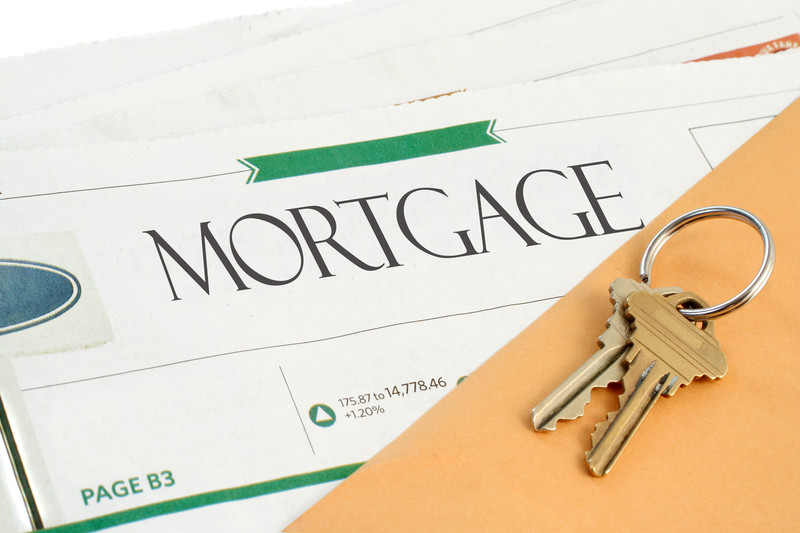In the realm of mortgages, a fixed rate mortgage is considered to be the perfect little princess. And, a variable rate mortgage is often thought of as the wicked stepsister. While variable mortgages can be detrimental to some, they can provide the most benefit for many others. The same logic applies to fixed rate mortgages.
Below, we’ll cover the good, bad, and ugly on both sides of the fence.
Variable Rate Mortgage
Due to its nature, variable rate mortgages start out at a substantially lower interest rate than fixed rate mortgages, and then increase incrementally overtime. This practice that is only associated with variable rate mortgages is often referred to as a teaser rate, because the introductory rate is so alluring.
The incremental increases, which are most often seen in 6-month or 12-month intervals, are set according to the current fluctuations of the average mortgage interest rates. Therefore, if you sign on with a reputable lender, your interest rate should be set according to the local average. Your interest rate will both increase and decrease according to the natural ebbs and flows of the market.
Below, we’ll cover which buyers would benefit most from opting for a variable rate mortgage.
Variable rate mortgages are ideal for the following buyers:
- Newlyweds who want to own a smaller home now and move on to a larger home once they’re ready to start a family
- Real estate investors who plan to flip a home (renovate for profit) over the course of several years and then sell at or before the five year mark
- Homeowners who are “testing out” a new area and want the leniency of being able to move within a few years with little penalty
- Homebuyers who have limited income at the moment, but foresee a large increase in income within the next five years (new college graduates, owners of a startup business)
- Home owners who are hoping to get into a certain market while it’s hot at the lowest possible price, and refinance into fixed rate mortgage within a few years
Fixed Rate Mortgages
Fixed rate mortgages are the most popular mortgage selection among homebuyers. In fact, this type of mortgage is so popular that over 75% of homebuyers nationwide choose this option.
A fixed rate mortgage is self-explanatory; the interest rate you sign on with today is the same amount you’ll be paying in 5, 10, or 15 years, according to the terms of your mortgage – no surprises.
Though the security of a fixed rate mortgage may have you giddy to sign on the dotted line, there is one very important fact that you must be aware of before you make your decision. The interest rate applied to fixed rate mortgages is inflated.
This is because lenders must anticipate fluctuations, particularly increases, in interest rate averages long before they occur. Therefore, if the lender anticipates that over the course of your mortgage, interest rates will spike to 8%, you’ll likely be quoted an interest rate of 7%, even if the lender only needs to charge you 6%.
Interest rates are more inflated with 30-year fixed rate mortgages than they are with 15-year fixed. This is a logical move to lenders because they assume a far lower risk of exorbitantly spiked interest rates over the course of 180 months as opposed to 360 months.
A fixed rate mortgage is ideal for the following homebuyers:
- Those who plan to reside in their home throughout the duration of their mortgage and are purchasing a home with adequate space to accommodate the needs of their growing family
- Buyers who operate a small business locally and plan on staying in their home for an indefinite period of time
- Homebuyers who are uncomfortable with the uncertainty of variable rate mortgages and prefer to pay a set amount each month for the duration of their mortgage, even if the interest rate is a bit inflated
- Buyers who have a general idea of what their foreseeable income will be over the next 15 to 30 years
When choosing your type of mortgage, base your decision on the foreseeable needs of your family.
It can be tempting to either go for the no-fuss fixed rate mortgage or the low introductory rates of a variable rate mortgage. But, if the decision isn’t practical for your specific needs in 5, 15 or 30 years, you’ll only be hurting yourself from a financial standpoint.

